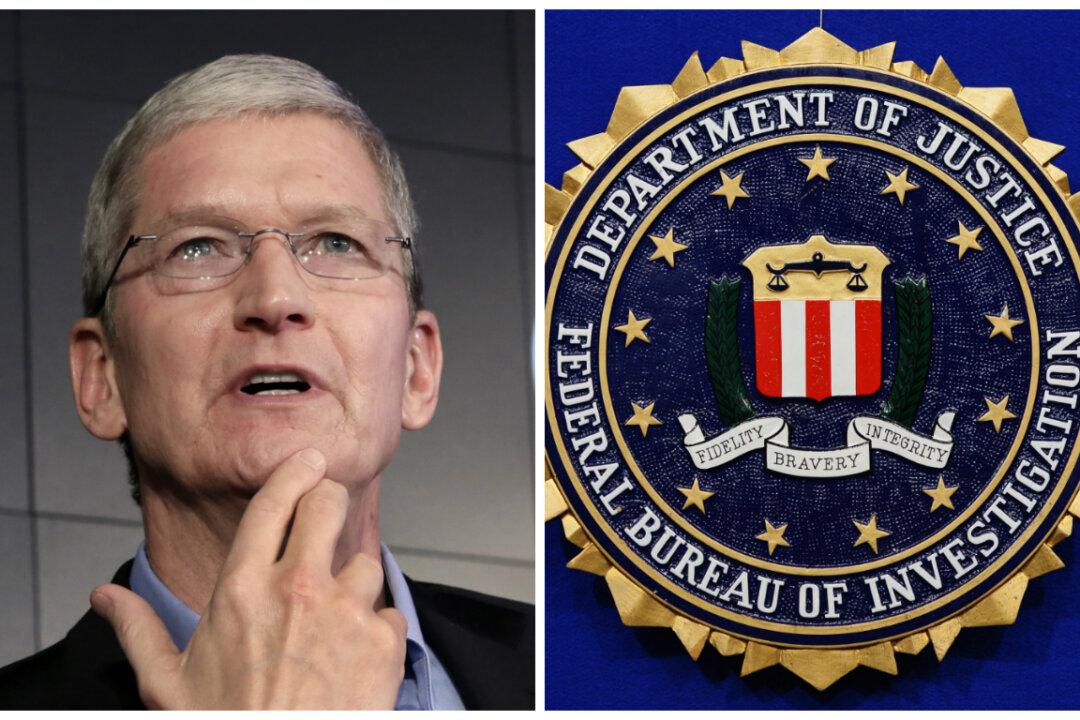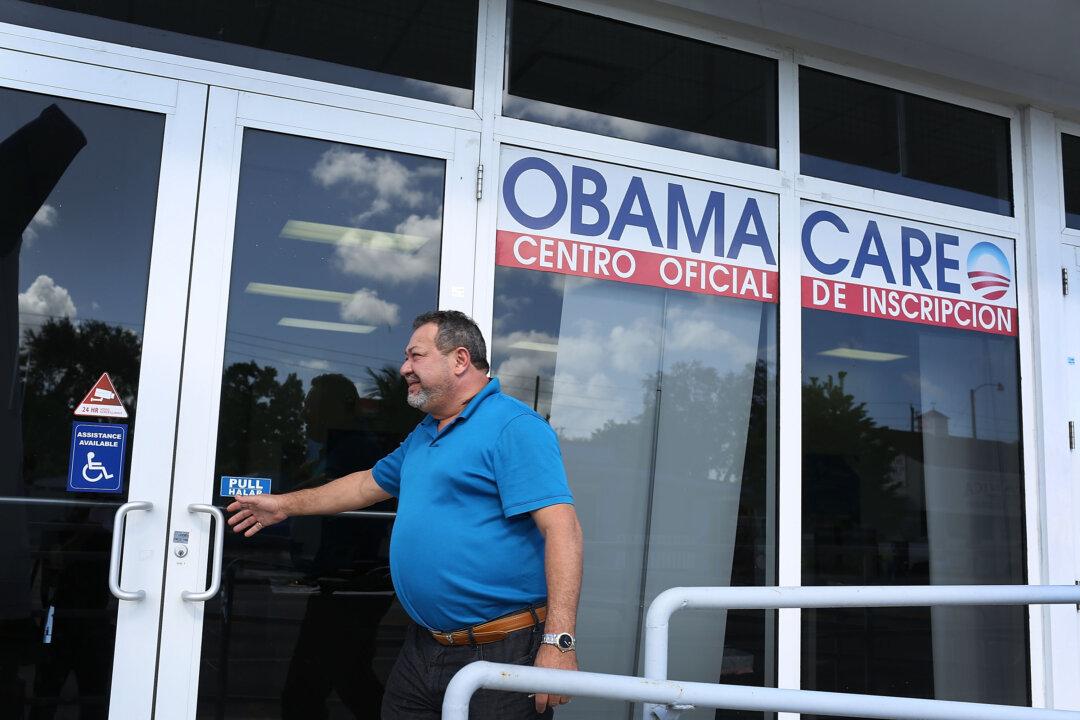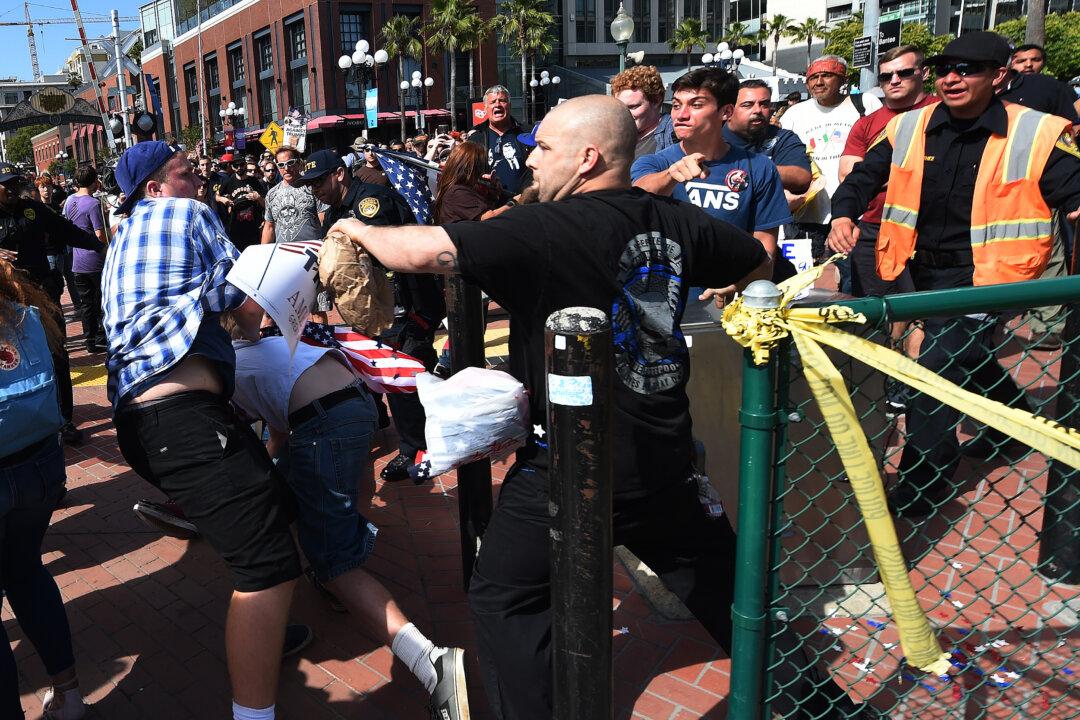The FBI agreed on March 30 to help Arkansas officials unlock Apple devices belonging to two teenagers who allegedly killed a couple.
The decision comes just days after U.S. authorities said they did not need the Cupertino-based company’s help to unlock an iPhone that belonged to San Bernardino shooter, Syed Rizwan Farook. Apple had refused to help authorities unlock the device, and was in a legal dispute with the FBI over the matter.
Faulkner County Prosecuting Attorney Cody Hiland said authorities approved the request from his office and the Conway Police Department to unlock the devices, while a judge agreed to postpone the trial so officials could ask the FBI for assistance.
“The iPod had just come into our possession a couple of weeks ago,” Hiland told the Los Angeles Times.
Drexler and two other teenagers were arrested in Texas and brought back to Arkansas after the homicides.




